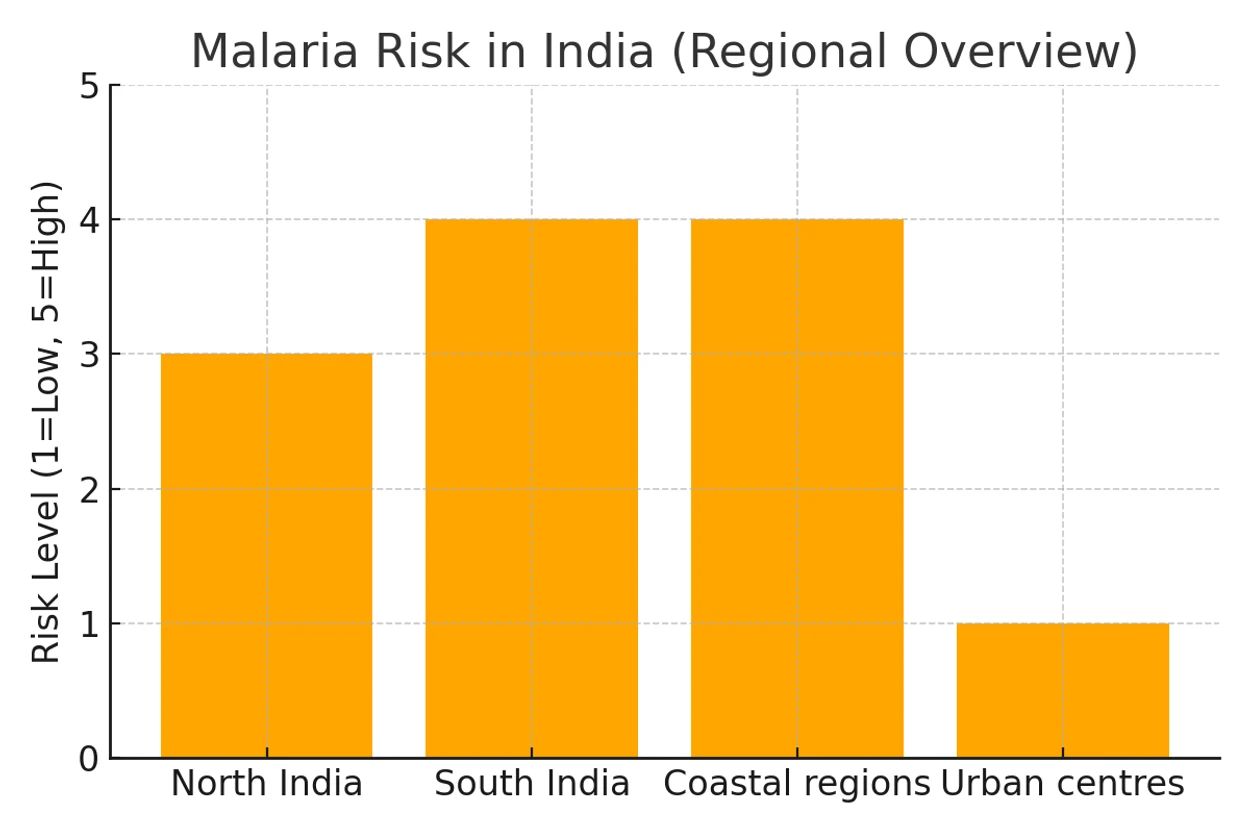Vaccines for India
- Book in 30 seconds
- Qualified pharmacist
- No GP needed

India Travel Vaccines: What Do I Need?
Which parts of India are you visiting? Select all that apply.
Travelling to India is exciting. It is a country rich in culture, history, and food. But travel also carries health risks that are different from the UK. Many illnesses in India can be prevented with vaccines.
If you are planning a trip, it is important to prepare. Food and water in some areas may expose you to diseases. Mosquitoes can spread infections. Injuries can lead to infections.
At Fulham Palace Pharmacy in Fulham, we provide expert travel vaccination services. Our clinic can help you stay protected before you fly.
Why Vaccines Are Important When Travelling to India
India has a different health environment compared to London. Diseases like typhoid and hepatitis A are more common. Some infections can be serious or even life-threatening.
Vaccines reduce your risk. They are safe and effective. The NHS recommends several travel vaccines for visitors to India. Protecting yourself also prevents spreading illness to others.
Recommended Vaccines for India
Hepatitis A
This virus spreads through contaminated food or water. Street food and untreated water are common sources. Symptoms include stomach upset, fever, and jaundice. A single injection offers protection for your trip, with long-term protection after a second dose.
Typhoid
Typhoid fever is caused by bacteria found in contaminated food and drink. It can cause high fever, abdominal pain, and rashes. Vaccination is recommended for most travellers to India.
Tetanus
Tetanus is caused by bacteria found in soil. It can enter the body through cuts or wounds. A booster is advised if you have not had one in the past ten years.
Polio
India is now polio-free, but the NHS advises a booster if your routine vaccines are not up to date. It protects against the risk of polio spreading from nearby countries.

Other Vaccines to Consider
Hepatitis B
Spread through blood and body fluids. Higher risk if staying for long periods, needing medical treatment, or engaging in activities like tattooing.
Rabies
Spread by bites or scratches from infected animals. Stray dogs and monkeys are common in India. Recommended if you will be trekking, cycling, or staying in rural areas.
Japanese Encephalitis
Spread by mosquitoes in rural and farming regions. Rare but serious. Recommended for long stays in affected areas.
Cholera
Spread through unsafe food and water. Rare in short-term travellers but sometimes advised.
Malaria and Mosquito Protection in India
There is no vaccine for malaria. Preventive tablets are available, depending on which part of India you are visiting.
Malaria risk varies across the country. Coastal areas, forests, and rural zones may carry more risk. Speak to our travel clinic for the right tablets.
Simple steps help reduce mosquito bites:
- Use insect repellent
- Sleep under mosquito nets
- Wear long sleeves and trousers at night

Timing: When to Get Your Vaccines
It is best to arrange your vaccines six to eight weeks before travelling. Some require more than one dose.
Our pharmacy travel clinic in Fulham can check your records. We will make sure you are fully protected before you go.
Who Should Be Extra Careful
Some groups are at higher risk:
- Pregnant women
- Young children
- Older adults
- People with weakened immune systems
These groups should speak to a healthcare professional before travel.
Where to Get Your Vaccines for India
Fulham Palace Pharmacy offers a complete travel vaccination service. Our NHS-trained pharmacists can give expert advice and provide vaccines in a safe setting.
Appointments are quick and easy to book. We also provide malaria tablets and travel health advice.
📞 Call us, visit our pharmacy, or book online today to secure your vaccines.
FAQs
Do I need a yellow fever vaccine for India?
No. Unless you are arriving from a country where yellow fever is present.
Are vaccines mandatory to enter India?
No vaccines are legally required for UK travellers, but several are strongly recommended.
Can I travel without vaccines?
Yes, but you may be at risk of serious illness. It is safer to be vaccinated.
How much do vaccines cost?
Our prices are listed on our travel clinic page. You can also call us for details.

Book your appointment today
Speak to a qualified pharmacist at a time that suits you. No GP referral required.
Book Your Vaccines Now- Book in 30 seconds
- Qualified pharmacist
- No GP needed



